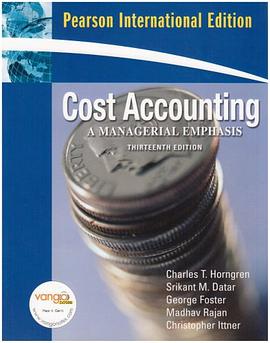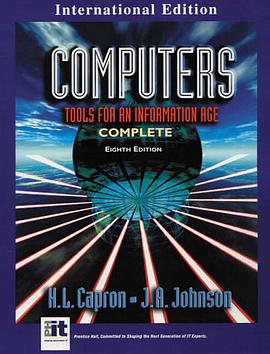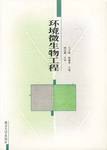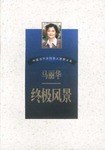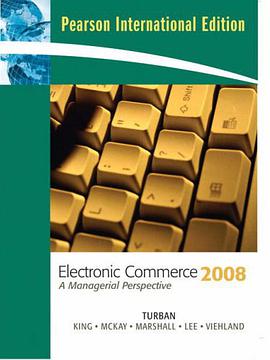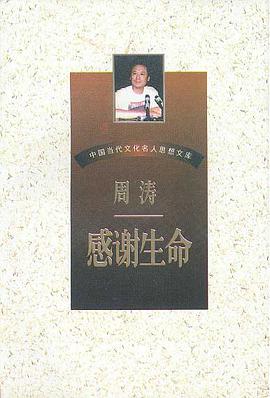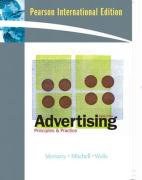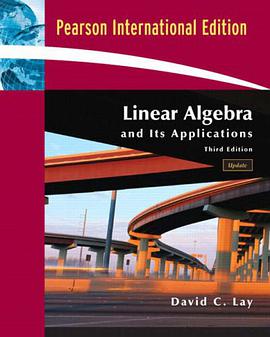

具體描述
Linear algebra is relatively easy for students during the early stages of the course, when the material is presented in a familiar, concrete setting. But when abstract concepts are introduced, students often hit a brick wall. Instructors seem to agree that certain concepts (such as linear independence, spanning, subspace, vector space, and linear transformations), are not easily understood, and require time to assimilate. Since they are fundamental to the study of linear algebra, students' understanding of these concepts is vital to their mastery of the subject. Lay introduces these concepts early in a familiar, concrete Rn setting, develops them gradually, and returns to them again and again throughout the text so that when discussed in the abstract, these concepts are more accessible.
MyLab或是Mastering係列是在綫作業係統。Access Code Card是在綫作業係統的訪問碼,是老師和學生課堂之外網絡互動及交流的平颱,個人是無法使用這個平颱的。請讀者注意您購買的這個ISBN是不帶Access Code Card的。
著者簡介
David C. Lay holds a B.A. from Aurora University (Illinois), and an M.A. and Ph.D. from the University of California at Los Angeles. Lay has been an educator and research mathematician since 1966, mostly at the University of Maryland, College Park. He has also served as a visiting professor at the University of Amsterdam, the Free University in Amsterdam, and the University of Kaiserslautern, Germany. He has over 30 research articles published in functional analysis and linear algebra.
As a founding member of the NSF-sponsored Linear Algebra Curriculum Study Group, Lay has been a leader in the current movement to modernize the linear algebra curriculum. Lay is also co-author of several mathematics texts, including Introduction to Functional Analysis, with Angus E. Taylor, Calculus and Its Applications, with L.J. Goldstein and D.I. Schneider, and Linear Algebra Gems-Assets for Undergraduate Mathematics, with D. Carlson, C.R. Johnson, and A.D. Porter.
Professor Lay has received four university awards for teaching excellence, including, in 1996, the title of Distinguished Scholar-Teacher of the University of Maryland. In 1994, he was given one of the Mathematical Association of America's Awards for Distinguished College or University Teaching of Mathematics. He has been elected by the university students to membership in Alpha Lambda Delta National Scholastic Honor Society and Golden Key National Honor Society. In 1989, Aurora University conferred on him the Outstanding Alumnus award. Lay is a member of the American Mathematical Society, the Canadian Mathematical Society, the International Linear Algebra Society, the Mathematical Association of America, Sigma Xi, and the Society for Industrial and Applied Mathematics. Since 1992, he has served several terms on the national board of the Association of Christians in the Mathematical Sciences.
圖書目錄
A Note to Students
Chapter 1 Linear Equations in Linear Algebra
Introductory Example:Linear Models in Economics and Engineering
1.1 Systems of Linear Equations
1.2 Row Reduction and Echelon Forms
1.3 Vector Equations
1.4 The Matrix Equation Ax = b
1.5 Solution Sets of Linear Systems
1.6 Applications of Linear Systems
1.7 Linear Independence
1.8 Introduction to Linear Transformations
1.9 The Matrix of a Linear Transformations
1.10 Linear Models in Business,Science,and Engineering
Supplementary Exercises
Chapter 2 Matrix Algebra
Introductory Example: Computer Models in Aircraft Design
2.1 Matrix Operations
2.2 The Inverse of a Matrix
2.3 Characterizations of Invertible Matrices
2.4 Partitioned Matrices
2.5 Matrix Factorizations
2.6 The Leontief Input—Output Model
2.7 Applications to Computer Graphics
2.8 Subspaces of Rn
2.9 Dimension and Rank
Supplementary Exercises
Chapter 3 Determinants
Introductory Example: Determinants in Analytic Geometry
3.1 Introduction to Determinants
3.2 Properties of Determinants
3.3 Cramer’s Rule, Volume, and Linear Transformations
Supplementary Exercises
Chapter 4 Vector Spaces
Introductory Example: Space Flight and Control Systems
4.1 Vector Spaces and Subspaces
4.2 Null Spaces, Column Spaces, and Linear Transformations
4.3 Linearly Independent Sets; Bases
4.4 Coordinate Systems
4.5 The Dimension of a Vector Space
4.6 Rank
4.7 Change of Basis
4.8 Applications to Difference Equations
4.9 Applications to Markov Chains
Supplementary Exercises
Chapter 5 Eigenvalues and Eigenvectors
Introductory Example: Dynamical Systems and Spotted Owls
5.1 Eigenvectors and Eigenvalues
5.2 The Characteristic Equation
5.3 Diagonalization
5.4 Eigenvectors and Linear Transformations
5.5 Complex Eigenvalues
5.6 Discrete Dynamical Systems
5.7 Applications to Differential Equations
5.8 Iterative Estimates for Eigenvalues
Supplementary Exercises
Chapter 6 Orthogonality and Least Squares
Introductory Example: Readjusting the North American Datum
6.1 Inner Product, Length, and Orthogonality
6.2 Orthogonal Sets
6.3 Orthogonal Projections
6.4 The Gram—Schmidt Process
6.5 Least-Squares Problems
6.6 Applications to Linear Models
6.7 Inner Product Spaces
6.8 Applications of Inner Product Spaces
Supplementary Exercises
Chapter 7 Symmetric Matrices and Quadratic Forms
Introductory Example: Multichannel Image Processing
7.1 Diagonalization of Symmetric Matrices
7.2 Quadratic Forms
7.3 Constrained Optimization
7.4 The Singular Value Decomposition
7.5 Applications to Image Processing and Statistics
Supplementary Exercises
Chapter 8 The Geometry of Vector Spaces
(Online Only)
Chapter 9 Optimization
(Online Only)
Appendixes
A Uniqueness of the Reduced Echelon Form
B Complex Numbers
Glossary
Answers to Odd-Numbered Exercises
Index
· · · · · · (收起)
讀後感
这看起来不是机翻吗?表述方式一毛一样...看的难受不?我是难受死了,原版不折磨人,感觉是不是机械工业出版社的翻译书水平都不大行...还是我买的书就不太好?继续看原版吧,勿喷我,hhh,我只是表达不满,只是我的看法哟.........................................
評分A first course in linear algebra is dramatically different from most mathematics courses that precede it.The focus shifts from learning computational procedures to digesting and mastering basic concepts that underlie the computations.To survive,you may need...
評分看完之后我觉得这才是教材阿。。。 和这本书看起来差不多的还有一本叫《线性代数》,但是这本看起来更容易一些。比起其他满嘴跑概念公式的书籍来说,这本真是初学者的业界良心。。。 书中的内容由浅入深,逐步建立起线代的基本概念,从初学者的角度看,这个根本就不是罗嗦,而...
評分因为是考研学习LA 所以看了全国被普遍采用的那本紫色的同济LA教材,看着看着我发现那本书其实只是一本 线性代数公式大全,言简意赅到一个境界了,不适合我这样的普通智商的学生参读。 后来选择了这本LA&applications 觉得很不错。每章用一个introductory example开头 让人...
評分这周的作业有马尔科夫链和状态转移矩阵。最后变换为求解三元和四元的微分方程组的特解。 一类解法是拉普拉斯变换之后分离s和x(t),再使用逆变换。很不幸的是我功力尚浅,变换之后得到了一个满秩的齐次线性方程组。显然求解不下去。 另一种方法是矩阵的特征值和特征向量,相应的...
用戶評價
an expensive book。不過整體還是不錯的,彩色的。
评分an expensive book。不過整體還是不錯的,彩色的。
评分an expensive book。不過整體還是不錯的,彩色的。
评分an expensive book。不過整體還是不錯的,彩色的。
评分an expensive book。不過整體還是不錯的,彩色的。
相關圖書
本站所有內容均為互聯網搜索引擎提供的公開搜索信息,本站不存儲任何數據與內容,任何內容與數據均與本站無關,如有需要請聯繫相關搜索引擎包括但不限於百度,google,bing,sogou 等
© 2025 book.quotespace.org All Rights Reserved. 小美書屋 版权所有





